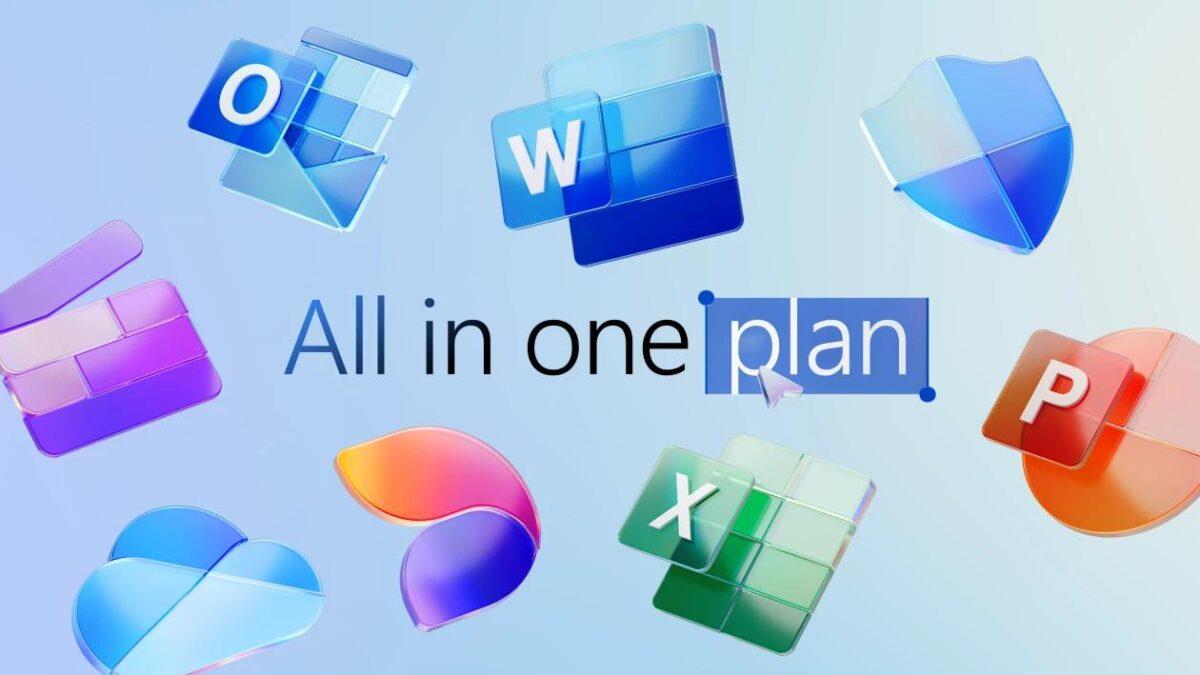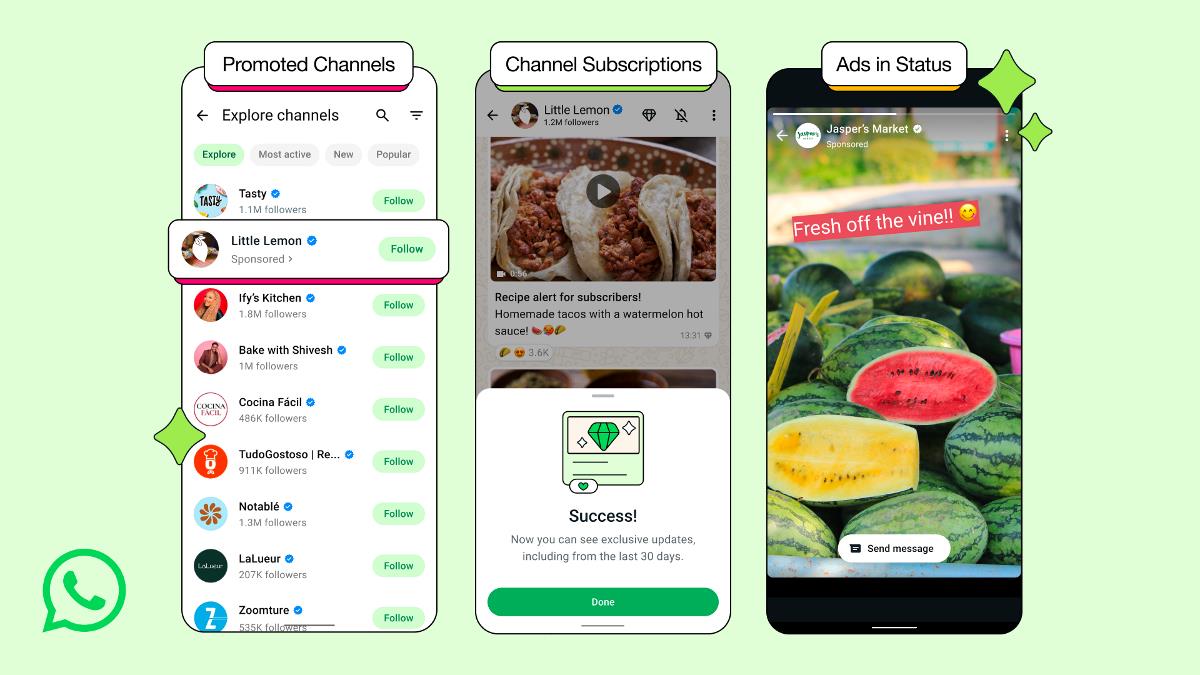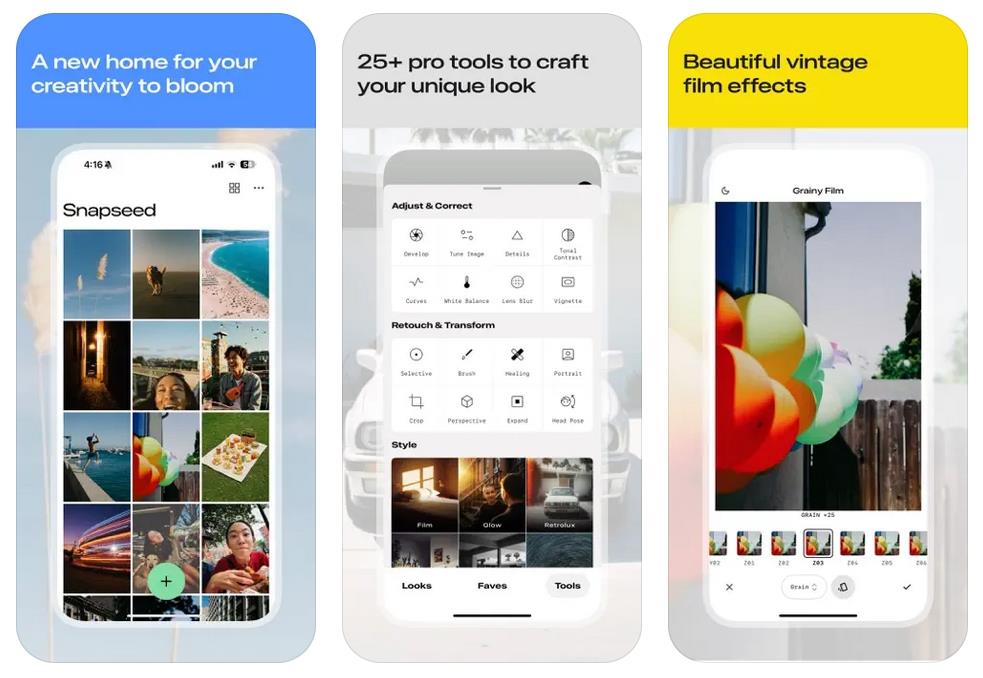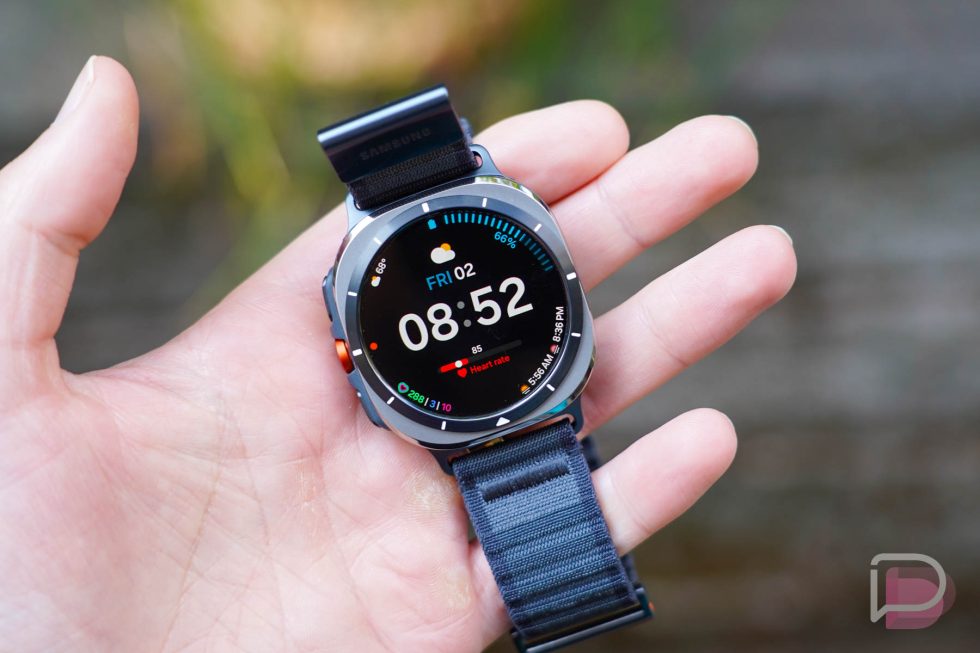WhatsApp to start targeting you with ads
WhatsApp has announced it will start showing its users targeted ads. Will this be yet another Meta "Pay or OK" choice?

WhatsApp has announced that it will start to show you targeted ads on the app. The ads, it says, will appear under the Updates tab.
WhatsApp launched the Updates tab a year ago, and now 1.5 billion people visit it every day. Updates has historically been a place for users to follow news and updates from their favorite companies, news organizations and celebrities.
This is different to the Chats tab where users send and receive messages. Chats remain end-to-end encrypted and, according to Meta’s vice president for product management Nikila Srinivasan, will not display ads.
To determine your interests for ad purposes, WhatsApp says:
“We’ll use limited info like your country or city, language, the Channels you’re following, and how you interact with the ads you see. For people that have chosen to add WhatsApp to Accounts Center, we’ll also use your ad preferences and info from across your Meta accounts.”
That means that anyone who has linked their Facebook or Instagram accounts with their WhatsApp account will now have that data used for ad targeting. This cross-platform integration feels like a significant invasion of privacy, especially for users who expected WhatsApp to remain more private than Facebook or Instagram.
The European privacy group NOYB (None Of Your Business) has already voiced concerns, warning that WhatsApp may soon adopt the same “Pay or OK” model as Facebook and Instagram to obtain the user consent that’s required under EU law.
With Meta’s “Pay or OK” system, users face a choice between two options nobody asked for: either pay a monthly subscription fee to avoid targeted ads and tracking, or accept extensive data collection and personalized advertising in exchange for free access. If you don’t want your data tracked, you must pay. If you don’t pay, you must accept tracking and profiling for ads.
Meta introduced this model in response to strict privacy regulations in Europe, especially the General Data Protection Regulation (GDPR), which requires companies to get clear, “freely given” consent from users before using their data for personalized ads.
In the past, Meta has argued that it had obtained a ruling of the Court of Justice of the European Union (CJEU) that accepted the subscription model as a valid form of consent for an ads funded service.
Meta also said its pricing was in line with those of ad-free services such as YouTube Premium and Spotify Premium. However, it conveniently forgot to consider that ad-free services are not the same as those that gather data about you and sell them to the highest bidder to create personalized ads.
WhatsApp built its reputation on privacy, with end-to-end encryption and minimal data collection. And, as privacy advocates feared, bringing it into the Meta “family” moved the platform away from its privacy-first roots.
Even if WhatsApp says it won’t read your messages, it can still use your usage patterns, contacts, and other metadata to build detailed profiles for advertisers. This increases the risk of data leaks, misuse, or surveillance.
What can users do?
A while back I asked whether it was a good idea to move from WhatsApp to Signal. With this new development, the question may be worth reconsidering.
If you’re on iOS 18, you can now allow WhatsApp to access only selected contacts instead of your entire address book. This reduces the amount of data WhatsApp can collect about your network.
On Android, you can technically use WhatsApp without granting access to your contacts, but you’ll need to manually start chats using wa.me links. Or, for convenience, you can use a third-party app that does the work for you.
WhatsApp frequently adds or changes privacy options, so revisit your settings periodically to maintain control.
If you can, disassociate your WhatsApp account from other Meta accounts you may have. Don’t use the same email address, handle, etc. You can remove your WhatsApp account from the Meta Accounts Center, but it is unclear whether Meta will “remember” the link if it once existed.
We don’t just report on threats – we help protect your social media
Cybersecurity risks should never spread beyond a headline. Protect your social media accounts by using Malwarebytes Identity Theft Protection.
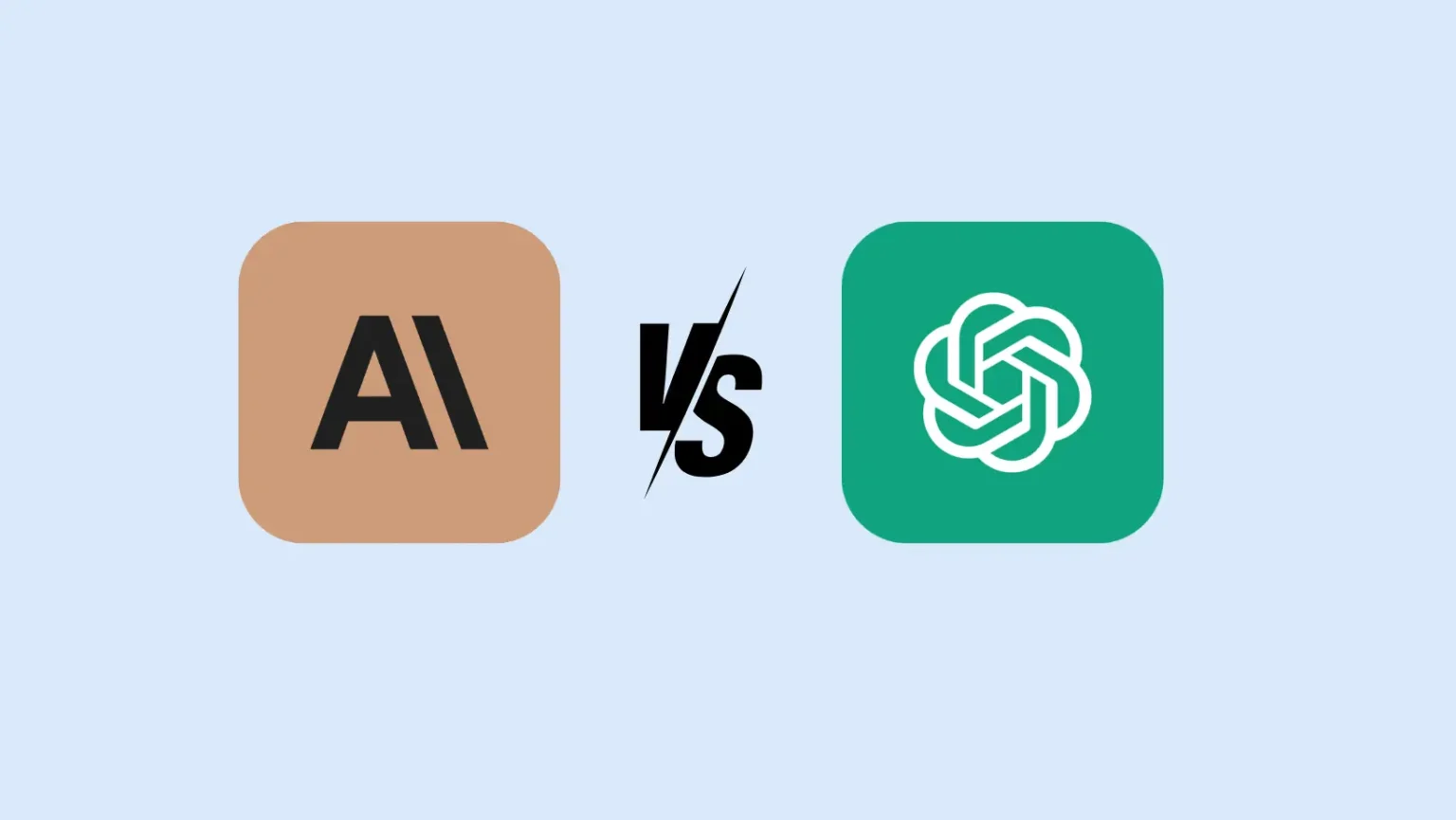


























































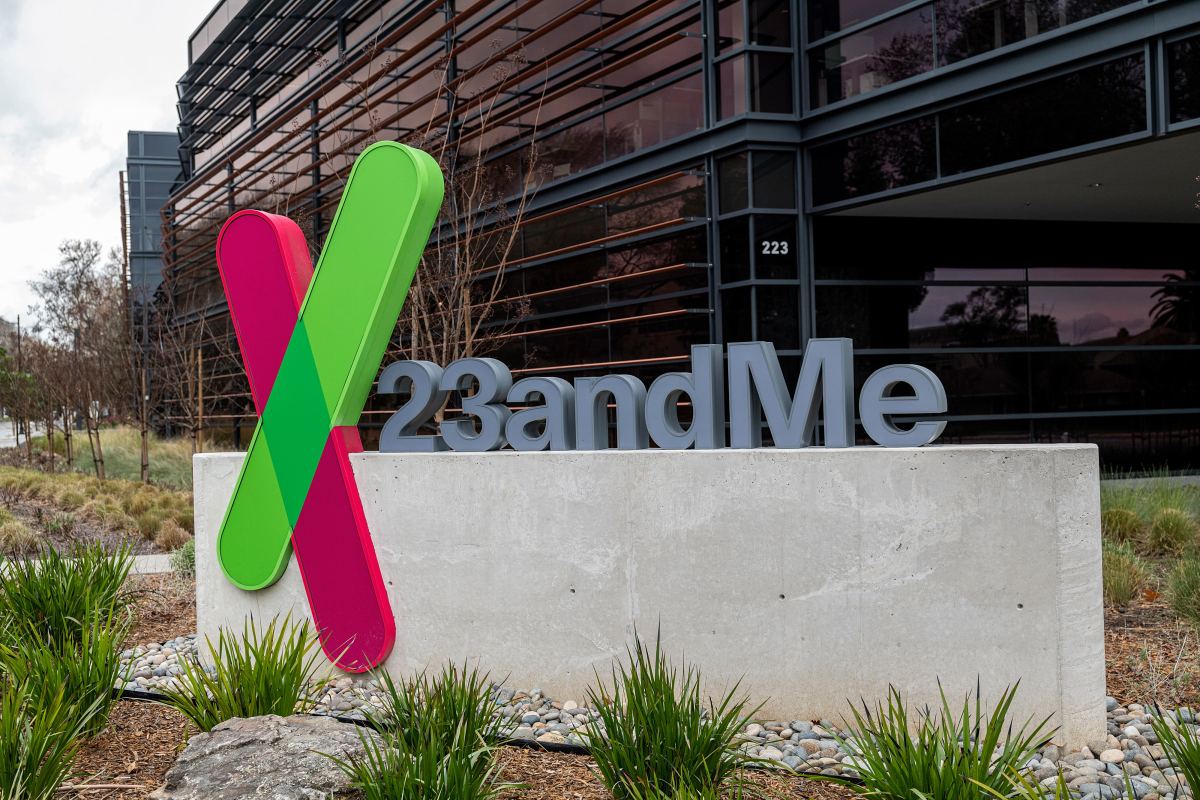
















































































































![[The AI Show Episode 153]: OpenAI Releases o3-Pro, Disney Sues Midjourney, Altman: “Gentle Singularity” Is Here, AI and Jobs & News Sites Getting Crushed by AI Search](https://www.marketingaiinstitute.com/hubfs/ep%20153%20cover.png)

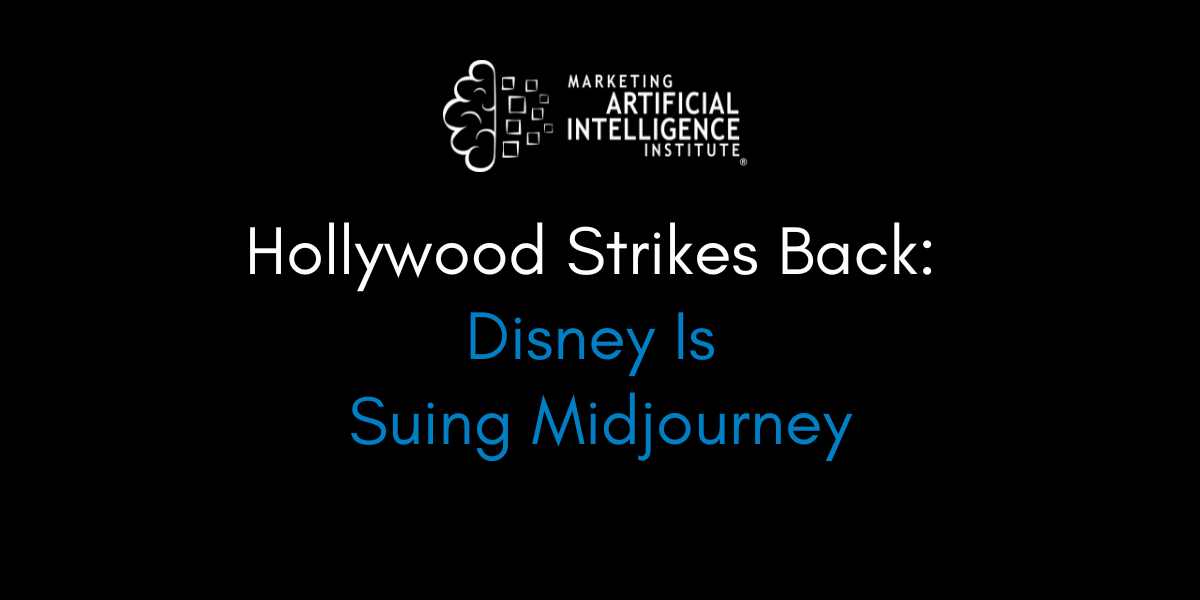






























































































































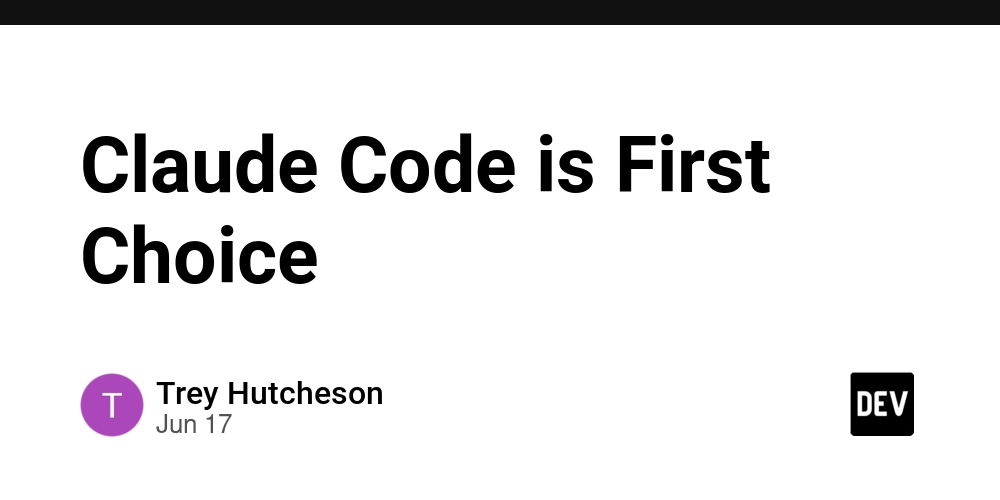













































.png?width=1920&height=1920&fit=bounds&quality=70&format=jpg&auto=webp#)





































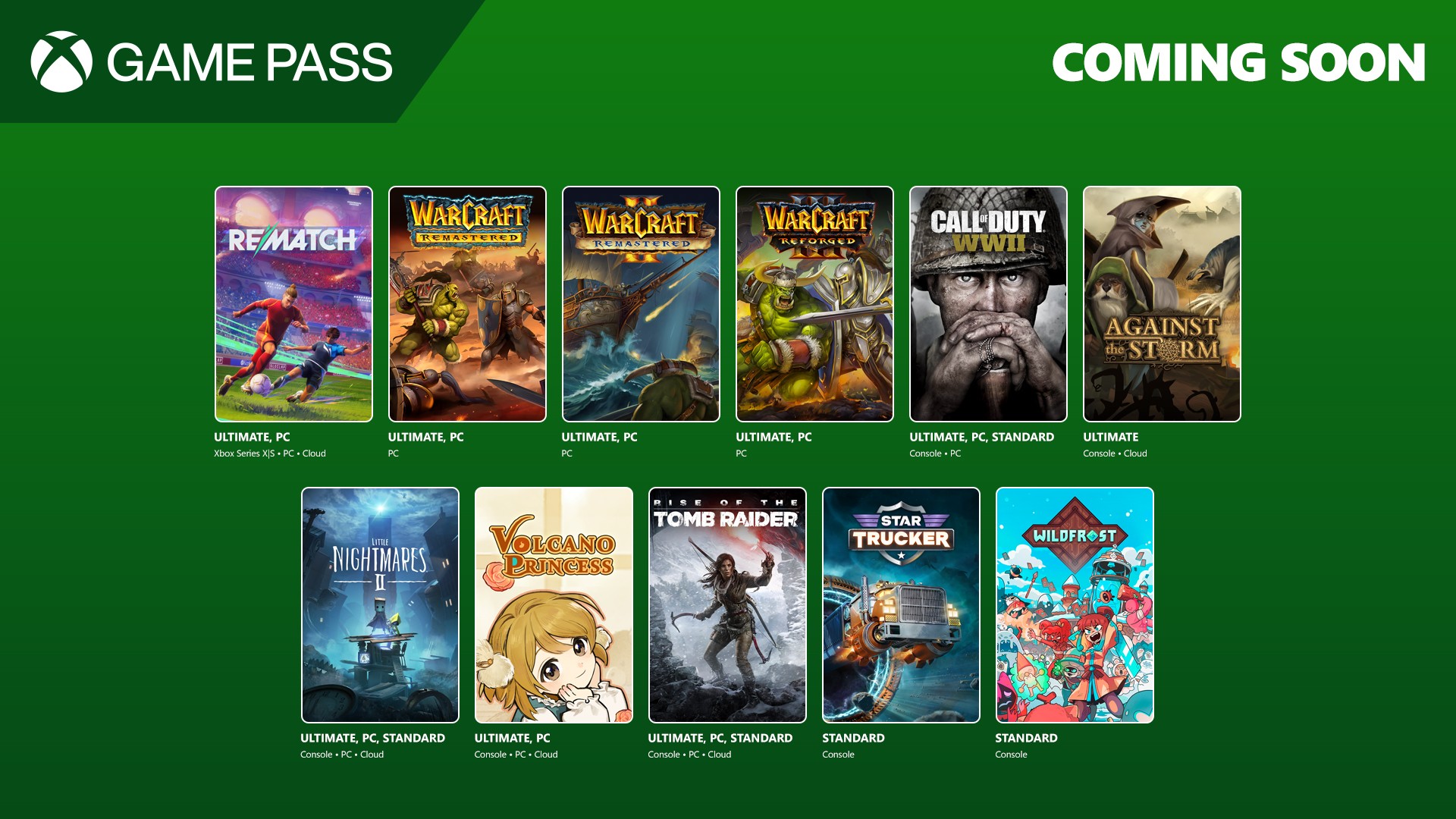






















.jpg?#)






























_wsf_AL_Alamy.jpg?width=1280&auto=webp&quality=80&disable=upscale#)






















































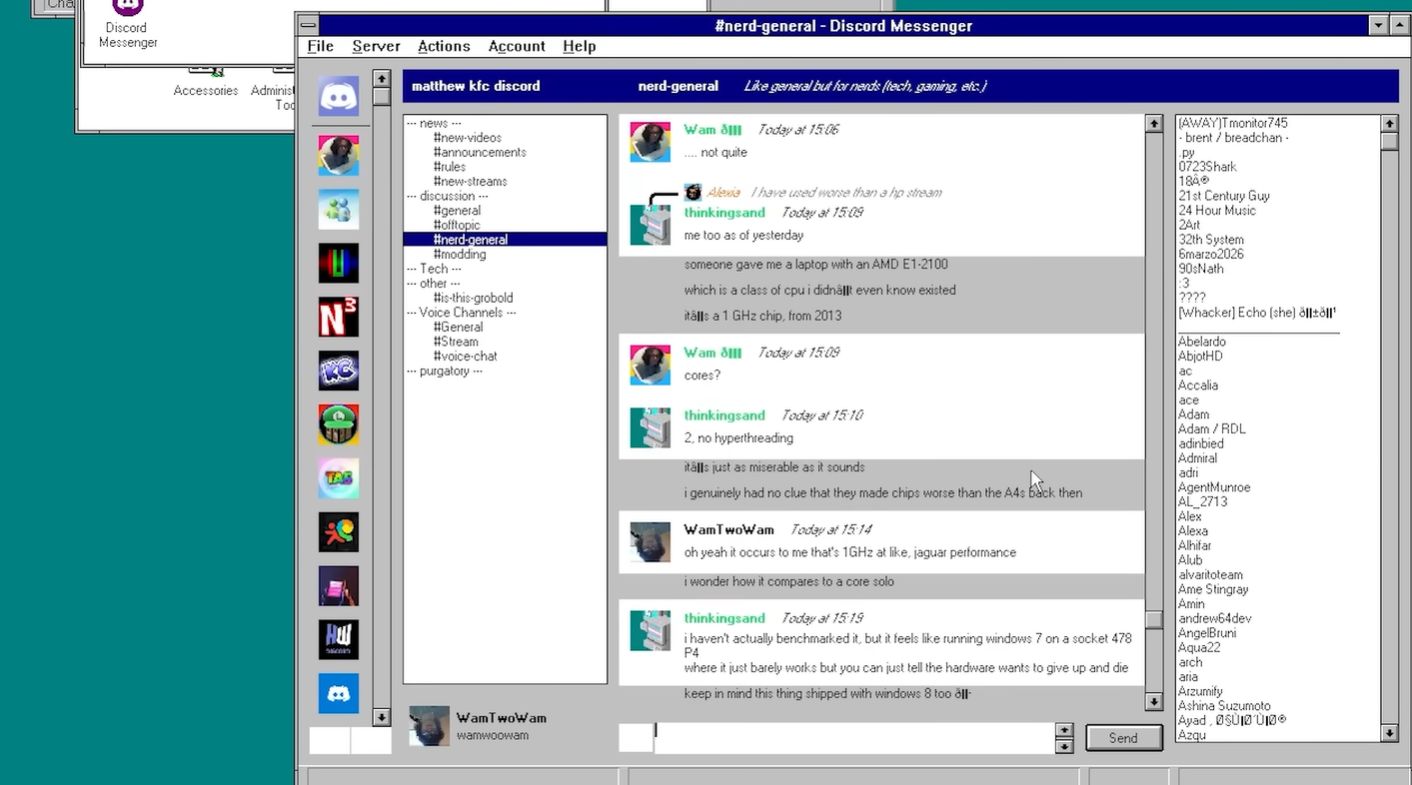




















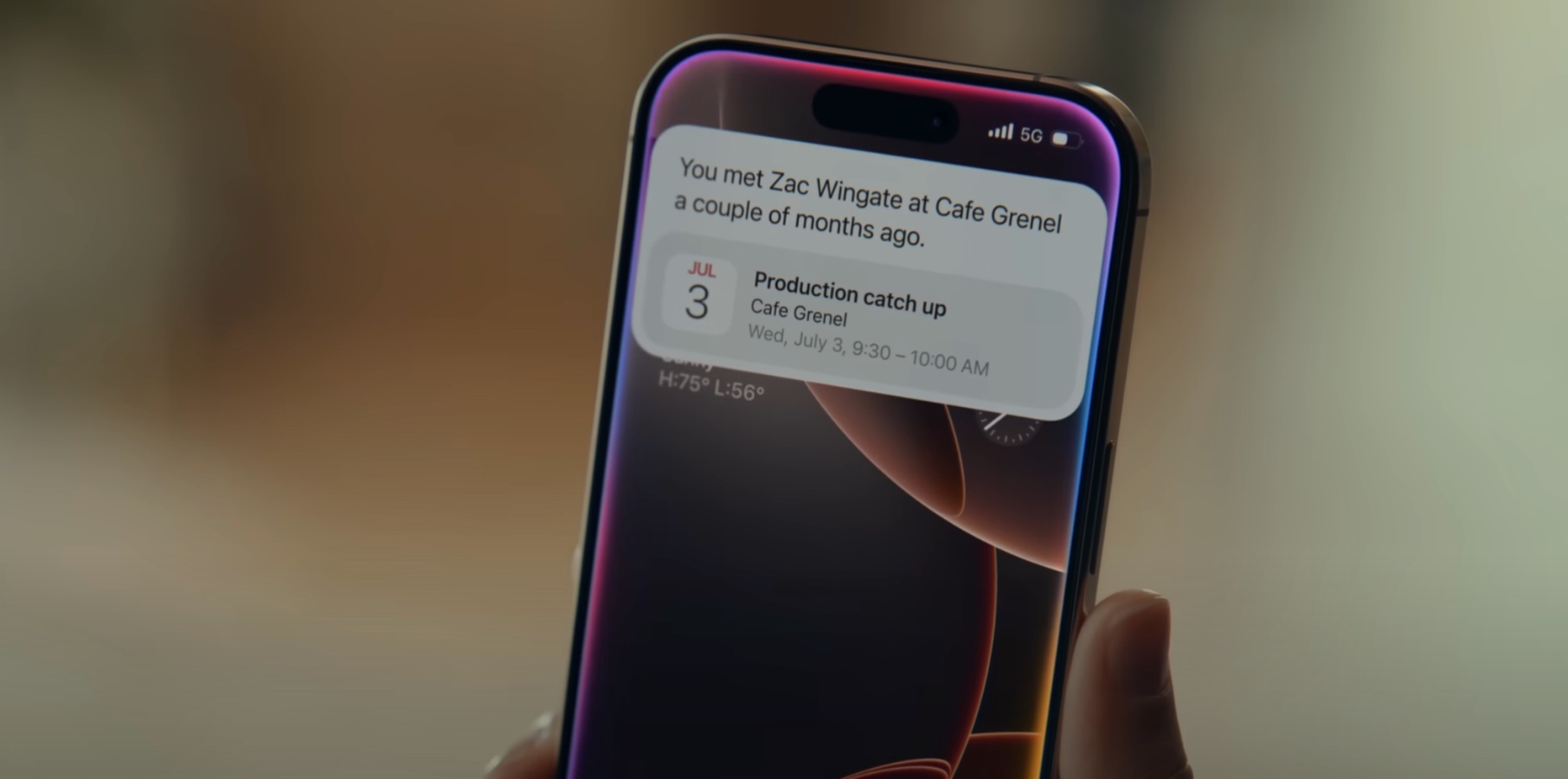











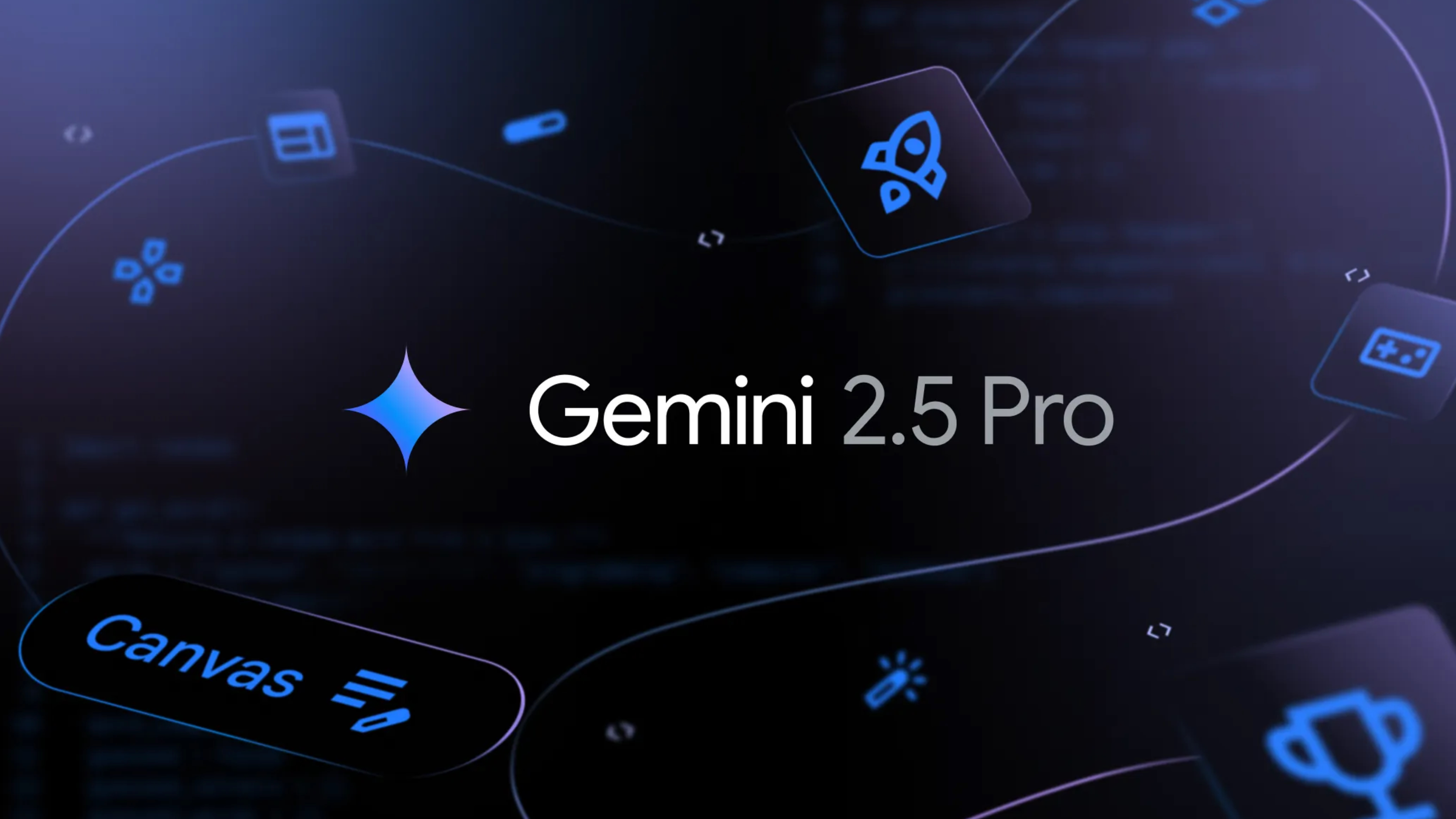






















![Google Mocks Apple's 'New' iOS 26 Features in Pixel Ad [Video]](https://www.iclarified.com/images/news/97638/97638/97638-640.jpg)





















